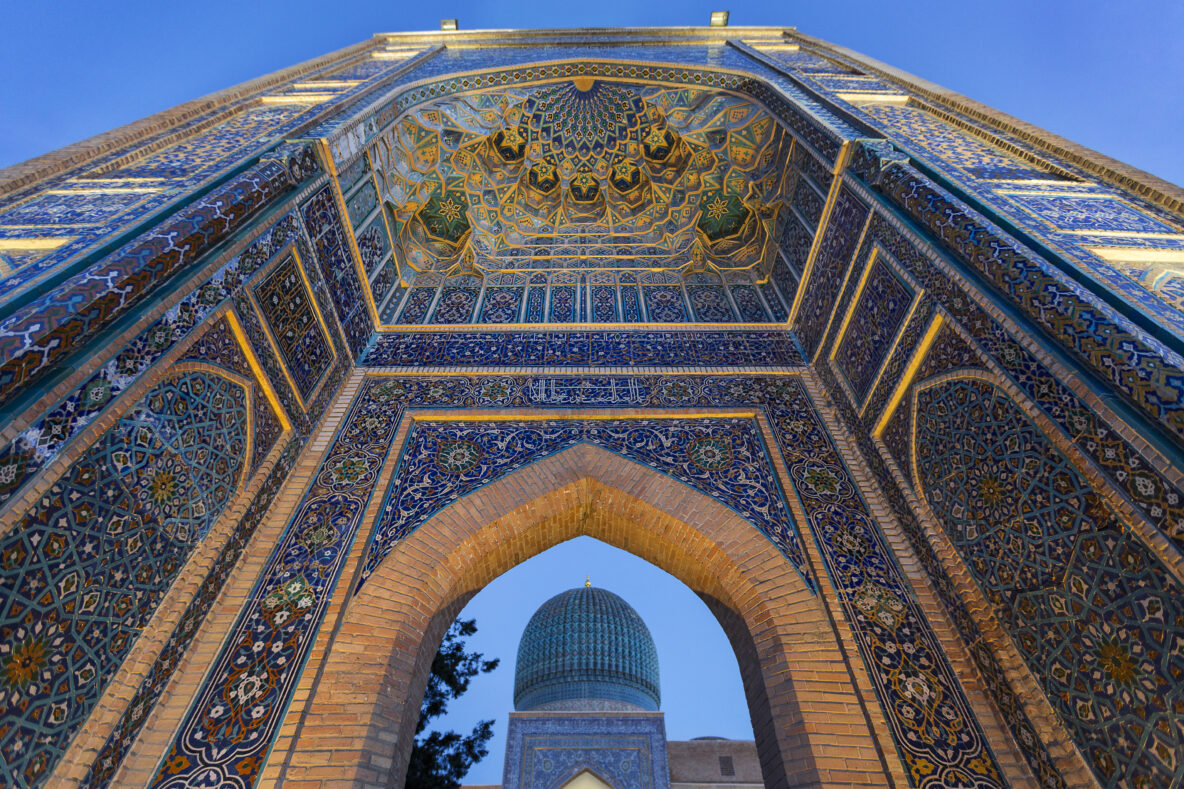Overview
Uzbekistan has emerged as one of the most dynamic reformers in the Central Asia. With a population of over 36 million and a rapidly expanding economy, the country is opening its markets to international investors in energy, infrastructure, construction, and financial services. Over the past decade, Uzbekistan has modernised key areas of its legal system, introducing reform to corporate law, banking regulation and foreign investment rules.
Dispute Resolution
Uzbekistan has been a part of the international arbitration community since early 1990s, when it joined the ICSID Convention and the New York Convention. It has also signed more than 45 bilateral investment treaties, giving foreign investors access to arbitration against the state under ICSID and UNCITRAL rules. Several high-value investment arbitrations have been brought against Uzbekistan, particularly in the energy, mining, and telecommunication sectors.
Investment Arbitration
These agreements give foreign investor access to arbitration against the state, with protections covering expropriation, fair treatment, and transfer of capital. The state has faced several high-value claims, including Oxus Gold v. Uzbekistan on UNCITRAL arbitration concerning mining assets with a claim of approximately USD 10.3 million, highlighting the scale and seriousness involving the country.
Domestically, arbitration is gaining prominence through the Tashkent International Arbitration Centre (TIAC), established in 2018 under the Chamber of Commerce and Industry. TIAC operates under modern, UNCITRAL – based rules, offers English language proceedings, and aims to position Uzbekistan as a neutral forum for both domestic and regional disputes. Alongside arbitration, Uzbekistan’s economic courts hear commercial disputes, including cases involving state entities, though enforcement risks can remain in sensitive sectors.
Enforcement of Arbitration
Uzbekistan is a party to the New York Convention, which provides the basis for recognising and enforcing foreign arbitral awards. Applications for enforcement are made to the economic courts, which have the power to recognise and enforce awards unless one of the limited Convention grounds for refusal applies. While enforcement practice has at times been inconsistent, recent judicial reforms and the government’s commitment to improving the investment climate are helping to strengthen confidence in the process. Awards issued by the Tashkent International Arbitration Centre (TIAC) may also be recognised by local courts, giving TIAC proceedings a meaningful enforcement pathway inside Uzbekistan.
Commercial Arbitration
In recent years, TIAC has started to attract cases in sectors such as construction, cross-border trade, and joint ventures.
Looking ahead, Uzbekistan has also announced plans to establish the Tashkent International Commercial Court (TICC), intended to complement TIAC by providing an independent, English language court for complex commercial disputes. While still in development, TICC is expected to strengthen Uzbekistan’s position as a regional dispute resolution hub by offering investors another neutral forum of resolving cross-border matters.
Sanctions and Secondary sanctions
Uzbekistan does not maintain its own autonomous sanctions regime but implements UN Security Council measures and enforces domestic rules on Anti-Money Laundering and Counter-Terrorist Financing (AML/CFT). Due to its significant trade and transport links with Russia, the country is under heightened scrutiny from Western authorities, which view Central Asia as a potential channel for sanctions circumvention. This external pressure means that businesses active in Uzbekistan face closer monitoring of their cross- border transactions and counter parties.
The main exposure for companies lies in the risk of secondary sanctions imposed by the US, UK or EU. Even though Uzbekistan itself is not sanctioned, entities involved in restricted goods, dual-use items, or dealing with Russian-linked counterparties may attract enforcement actions abroad. To mitigate this, businesses are expected to maintain robust compliance programs, including sanctions screening, enhanced due diligence in higher risk sectors and contractual protections against sanctions breaches. Such measures reduce legal and reputational risk while aligning operations in Uzbekistan with international compliance standards.


